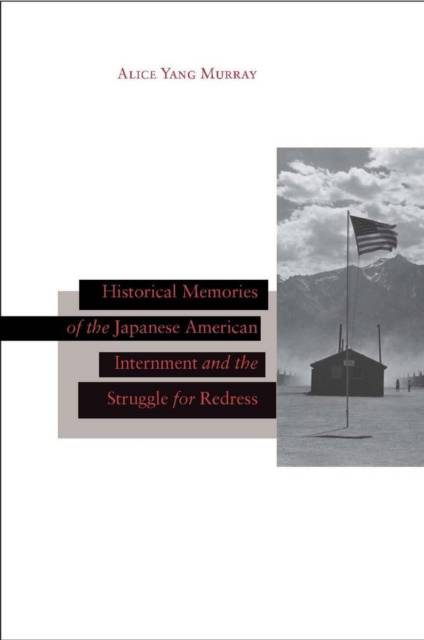
- Afhalen na 1 uur in een winkel met voorraad
- Gratis thuislevering in België vanaf € 30
- Ruim aanbod met 7 miljoen producten
- Afhalen na 1 uur in een winkel met voorraad
- Gratis thuislevering in België vanaf € 30
- Ruim aanbod met 7 miljoen producten
Historical Memories of the Japanese American Internment and the Struggle for Redress
Alice Yang MurrayOmschrijving
This book analyzes how the politics of memory and history affected representations of the World War II internment of Japanese Americans during the last six decades. It compares attempts by government officials, internees, academics, and activists to control interpretations of internment causes and consequences in congressional hearings, court proceedings, scholarship, popular literature, ethnic community events, monuments, museums, films, and Web sites. Initial accounts celebrated internee loyalty, military patriotism, postwar assimilation, and "model minority" success. Later histories emphasized racist "concentration camps," protests inside the camps, and continued suffering within the community.
Specificaties
Betrokkenen
- Auteur(s):
- Uitgeverij:
Inhoud
- Aantal bladzijden:
- 608
- Taal:
- Engels
- Reeks:
Eigenschappen
- Productcode (EAN):
- 9780804745345
- Verschijningsdatum:
- 13/12/2007
- Uitvoering:
- Hardcover
- Formaat:
- Genaaid
- Afmetingen:
- 163 mm x 229 mm
- Gewicht:
- 948 g

Alleen bij Standaard Boekhandel
Beoordelingen
We publiceren alleen reviews die voldoen aan de voorwaarden voor reviews. Bekijk onze voorwaarden voor reviews.









